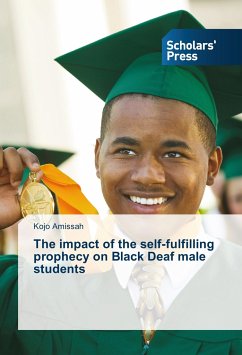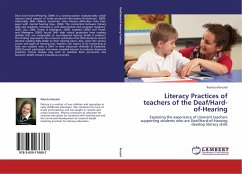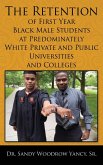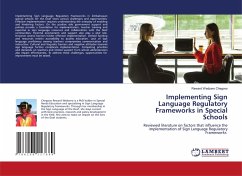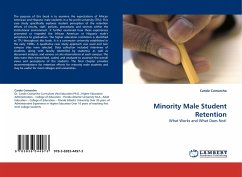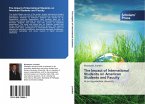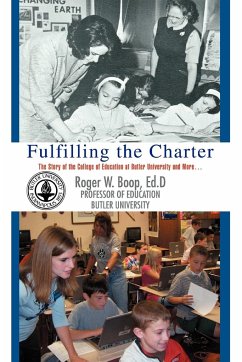This qualitative descriptive study purposed to explore the perceptions of a purposive sample of 20 Black Deaf male students and alumni in postsecondary in Washington, District of Columbia to determine if the self-fulfilling prophecy theory contributed to their pedagogy. A qualitative survey was administered and the data was analyzed with Excel. Fifteen self-fulfilling prophecy themes emerged from the analysis: (a) syllabic expectations, (b) self expectations, (c) no-low-high expectations, (d) eye contact acknowledgement, (e) attitudinal indifference, (f) public praise-positive-negative comments, (g) personalized one-on-one attention, (h) pop quiz reminders, (i) office hours-after class counseling, (j) team assignments, (k) verbal-written-positive-negative feedback, (1) private-public-verbal-written reinforcements, (m) probing, (n) reminders, and (o) self-motivation. The results indicated that Black Deaf male students and alumni perception about their educational experience in theclassroom were positive, Galatea effects.

